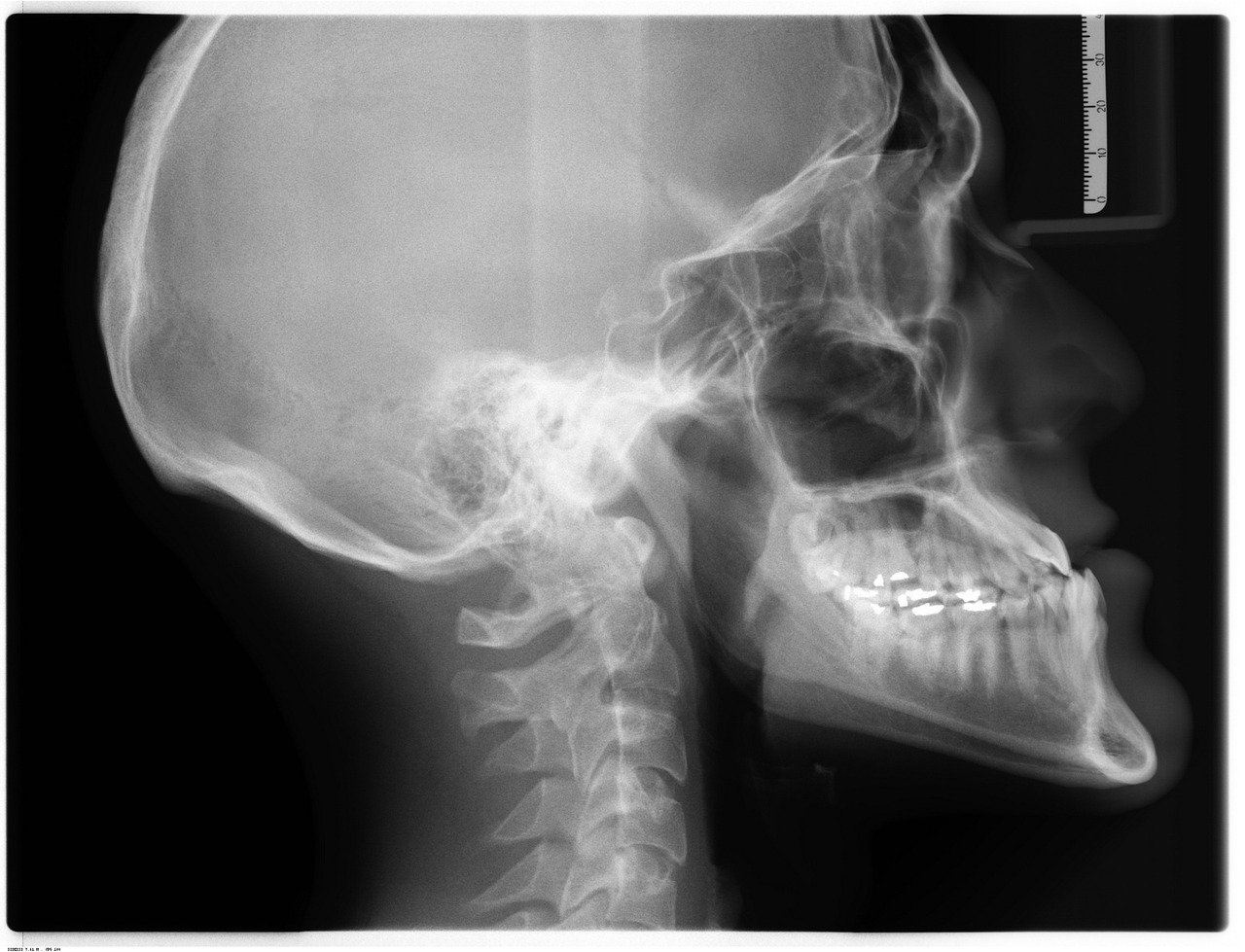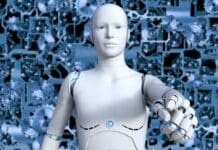This post is also available in:
 עברית (Hebrew)
עברית (Hebrew)
Researchers at the University of Surrey developed a new type of flexible X-ray detector that opens up new possibilities for cancer treatment, airport security, and historical preservation.
The new detector is made of an innovative material that mimics human tissue under X-rays, which allows for more accurate and safer imaging of tumors, bones, and organs. It is also low-cost, sensitive, and can be molded around any object that needs to be scanned, unlike conventional X-ray detectors, which are bulky, rigid, and expensive. Dr. Prabodhi Nanayakkara, the study’s lead researcher explains that the new material is not only flexible and low-cost but also remarkably sensitive.
Moreover, this material is equivalent to human tissue, therefore enabling live dosimetry (measuring radiation doses delivered to patients during radiotherapy, helping prevent overexposure and minimize side effects), which has been impossible so far.
According to Interesting Engineering, the new material is based on organic semiconductors, compounds of hydrogen and carbon that can conduct electricity. Organic semiconductors are more flexible and cheaper than traditional semiconductors like silicon or germanium but have lower X-ray sensitivity.
To overcome this, the researchers added small amounts of elements with high atomic numbers to an organic semiconductor ink, which enhanced the X-ray absorption and contrast of the material, making it suitable for high-quality X-ray imaging. The researchers then tested their new detector on different objects (a human hand, a coin, and a fossil) and found that it produced clear and detailed images.
The director of Surrey’s Advanced Technology Institute Professor Ravi Silva said: “This new technology could be used in a variety of settings, such as radiotherapy, scanning historical artefacts, and in security scanners. The University of Surrey together with its spin-out SilverRay Ltd continues to lead the way in flexible X-ray detectors – we’re pleased to see the technology shows real promise for a range of uses.”
The research team has been working on developing heavy analogs of conventional organic semiconductors for quite some time, and when they tried using them in X-ray detectors the results were promising, especially given that the material they investigated was the first of its kind. The researchers hope for their new flexible X-ray detector to pave the way for more accessible and affordable X-ray imaging in various fields and applications.


























